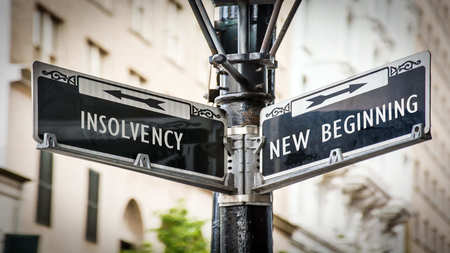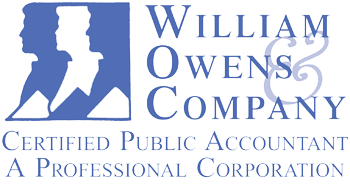
Bankruptcy is not only financially embarrassing; it can make a person feel like there is no future, at least in the money sense. Those who file for bankruptcy are often required to face their debtors in open court. Their whole finances are on display for others to critique. Unlike some online bankruptcy articles may insinuate, filing for bankruptcy does not bring on a feeling of relief; instead, it can make you feel as though you are a failure. But there is life after bankruptcy, and you can recover - emotionally and financially. You just need to face some hard truths and be willing to make some adjustments.
Forgive Yourself
Sometimes bankruptcy is the only economically viable choice. You may have gotten to the point where there was no way you were going to be able to pay all your bills. This may have happened due to irresponsible money management on your part or your spouse’s part. But people file bankruptcy for all kinds of reasons. You may have incurred debt due to hardship or medical reasons. Perhaps you had to leave your job to care for a loved one. Or maybe you encountered a long run of bad luck that caused you to lose your job. Whatever the reason - even if you can honestly say it was entirely your fault - the first step is to forgive yourself. Think about it this way. Your debts have been forgiven; now it’s time for you to forgive yourself.
Figure Out Why it Happened
The next step on the road to recovery from bankruptcy is to figure out how you got yourself into that situation. Was it because you weren’t able to manage your money well? Hiring a professional CPA can help with that, and the cost is well worth avoiding another bankruptcy in the future. Do you have a personal problem that led to irresponsible spending? If you struggle with dependency issues, a tendency to binge shop or depression, these can lead to financial disaster. In that case, your next step would be to get that problem resolved. Is there a relationship problem that leads you to overspend or to miss work? Again, personal problems can sink money ships. The point is, figure out how you lost control and make a plan to resolve those issues.
Don’t Get Into Debt Again
One of the insidious things about successfully filing for bankruptcy is that all of sudden you may be inundated with credit offers. Why? Because creditors see that you’re debt-free. That means that your likelihood of being able to pay off purchases is increased, since you don’t have to pay off old credit card bills. Your mailbox may fill up with offers of credit cards, personal loans and more. But you’ll notice that they all have high interest rates. And high interest rates or not, the last thing you want to do right now is to rack up more debt. Don’t let the vicious cycle of reckless spending continue. Shred the offers without even looking at them so you aren’t tempted, even a little bit.
Build Your Credit Again
As far as your financial future, it’s time to build up your credit score again. Bankruptcy will stay on your credit report for seven years. During that time it pulls down your credit score, making it hard or impossible to get a car loan, mortgage or even Care Credit for dental work. All you can do is work hard to increase your score again. One way to do this without going into debt again is to get a secured credit card. A secured credit card is one for which you pay a deposit ahead of time. The deposit equals the amount of your credit line. So basically, you’re using your own money as credit. You still make monthly payments on your purchases. The deposit money stays with the credit card company until you prove that you can make consistent and monthly payments on time. All this time, your payments get reported to the credit agencies, which can boost your credit scores. Once you have proven to be a responsible credit user, typically after a year, you may qualify for a regular credit card, and you’ll get your deposit money back. But remember, don’t go crazy with your credit card. Only use it for emergencies so you don’t get caught in the credit trap again.
Don’t Close Your Bank Accounts
Whatever you do - whether you move or not - don’t close your bank accounts. With a bankruptcy on your credit report, it’s unlikely that most banks will open a new account for you. Just maintain the status quo.
Come Up With a Reminder System to Pay Bills
If your bankruptcy was caused in part by your forgetfulness to pay bills, set up a reminder system for yourself. Don’t just open utility bills and throw them in a drawer. Put their due dates on the calendar and check your calendar daily. If you don’t like that idea, consider setting up monthly reminders on a phone app or on your home computer. After a year of successfully paying your utility bills on time, you can have those timely payments added to your credit report, which will boost your score. Your CPA will be able to tell you how to do this.
Get Creative With Money
With a bankruptcy on your record, you’ll have trouble getting a car loan. If you end up needing a car, you’ll have to get creative. Consider carpooling, or riding a bike or scooter to work until you can save up for a cheap used car. Consider taking on a second job to save up money for expensive things you need—not want—but cannot get credit to pay for.
Once you begin to gain control over your finances after bankruptcy, you’ll get a very satisfied feeling. There’s satisfaction in knowing that you don’t owe anyone, and that all the extra money you have has been earned, not borrowed. As always, you can rely on your CPA for advice and recommendations to help you stay out of financial trouble in the future.
